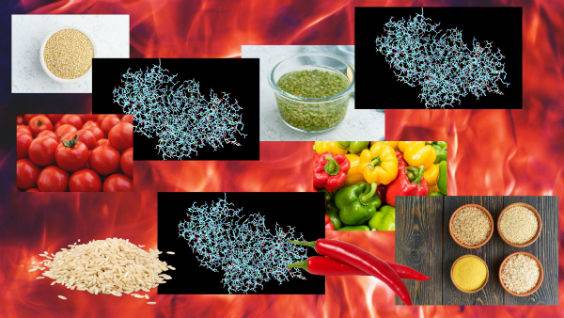In the 90’s when the ‘eat no fat, no cholesterol, no red meat, no whole eggs’ message was the prevailing dietary doctrine, my husband and I spent a week at an institute in California that promoted weight loss, wellness and longevity. Their meals were basically low calorie – very low calorie – and largely plant based.
I had discovered my lactose intolerance years before, during my residency training and had eliminated lactose from my diet. As a taste preference I rarely ate legumes or grains, other than in whole grain breads and home-baked ‘healthy’ muffins. I also had an aversion to the texture of lentils and beans and soy in any form so avoided them as well. My gut worked fine and I did not suffer from digestive problems.
By the second day at this institute, on what was for me a totally unpalatable and restrictive diet, heavy on grains and legumes and lacking meat, fish, cheese or whole eggs, I was hungry, irritable and my gut was making the most embarrassing noises. During my review with one of the on-site nutritionists, she suggested I buy a product from their shop that would help me digest this onslaught of undigestible food. Not having any other option, I took these pills for the remaining days that we were there. The rumblings and bloating marginally improved but my hunger and mood did not. I participated diligently the exercise programs, listened to the psychology talks and by the time we returned home, I had lost 5 lbs which I promptly regained over the next couple of weeks.
Back on my fresh salads and meat and fish meals, with grains, lentils, beans once again excluded from my diet, my digestive system returned to normal, together with my natural state of happiness.
Fast forward to present times. My attention was caught by a video playing on my computer, about the favorite foods you absolutely must avoid to fix your gut and other health issues. Fascinated, I kept waiting to hear what were these key foods, and I listened right to the pitch at the end. It struck me that the description of the symptoms he was describing were very like those I experienced on that plant-based, grain and legume rich diet that made me sick at that institute. almost 3 decades earlier.
But the video led me to read about lectins, plant proteins that bind to carbohydrates and to the cell layer that lines the gut, causing bloating and excess gas. They can interfere with mineral absorption, and are said to promote inflammatory and autoimmune conditions. The obvious key to dealing with this would be to avoid lectin containing foods, tough for those on a plant-based diet.
Checking on lectins from my diet, i happily went down the list of grains – Since I began my ketogenic lifestyle three years ago, I don’t even eat my multigrain breads. So grains were not a problem for me to eliminate. Legumes? well. I actually gave up peanuts about a year ago and cashews were off my list as well. But other nuts, almonds, pecans, walnuts and macadamia nuts I eat daily, also pumpkin and sunflower seeds. Don’t seem to bother me. Then I turned to the nightshade group. Hmm. Potatoes and yams, once staples in my diet have been off my iist for ages, but tomatoes, red peppers, and eggplant? Not giving those up. Love my roasted vegetables and my Greek salads.
I am curious to get feedback from anyone who is on a plant-based diet or has any personal experience with lectin containing foods. You can email me at askdrgill@gmail.com or book a call to chat. Just a reminder that any information here or on a call is for education and entertainment only and is not intended to diagnose, treat or prescribe for any medical disorders.
